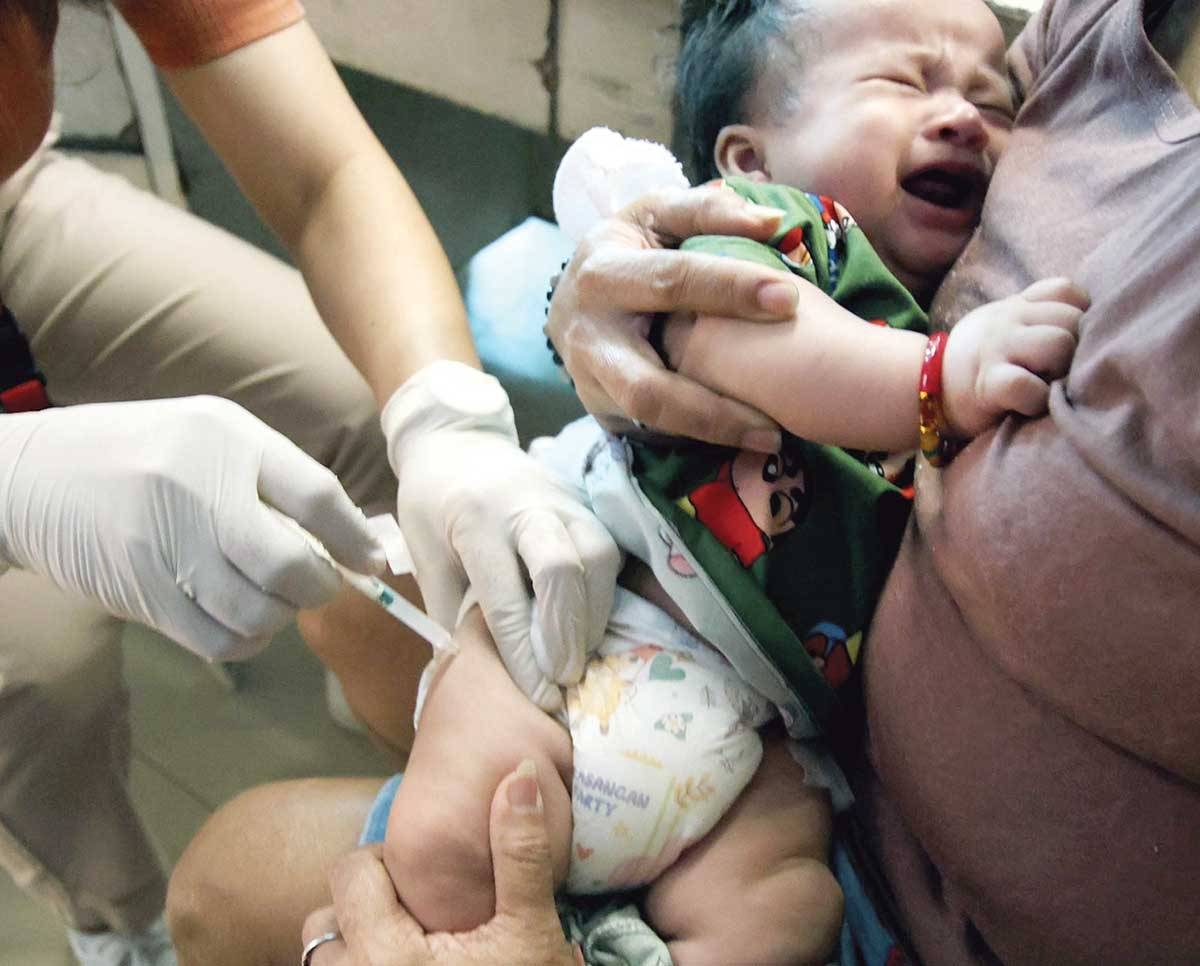Pertussis: A Highly Contagious Respiratory Infection
Pertussis, also known as whooping cough, is a highly contagious respiratory infection caused by the bacterium Bordetella pertussis. It is characterized by severe coughing fits, often followed by a “whooping” sound when the person tries to breathe in. Pertussis can be especially dangerous for infants and young children, as it can lead to complications such as pneumonia, seizures, and even death.
Preventing Transmission with Face Masks
Wearing face masks has been proven to be an effective preventive measure in reducing the transmission of respiratory infections, including pertussis. The main mode of transmission for pertussis is through respiratory droplets, which are released into the air when an infected person coughs or sneezes. These droplets can then be inhaled by others in close proximity, leading to infection.
Face masks act as a physical barrier, preventing the release of respiratory droplets into the air and reducing the risk of transmission. They can also protect the wearer from inhaling infectious droplets from others. This is particularly important in crowded places such as schools, where the risk of transmission is higher due to close contact among students.
Furthermore, wearing face masks can help raise awareness about the importance of respiratory hygiene and encourage other preventive measures, such as frequent handwashing and covering the mouth and nose when coughing or sneezing. It serves as a visual reminder to practice good respiratory etiquette, not only for the wearer but also for those around them.
The Role of Face Masks in Reducing Pertussis Spread
While face masks are not foolproof and should be used in conjunction with other preventive measures, they can play a significant role in reducing the spread of pertussis. It is crucial for parents, teachers, and healthcare professionals to educate children about the importance of wearing face masks and to ensure that they are worn properly and consistently.
The Need for Proactive Measures
In recent years, there has been a rise in the number of pertussis cases worldwide, including the Philippines. This increase in cases has raised concerns among healthcare professionals and parents alike. Dr. Solante emphasizes the importance of vaccination in preventing pertussis and reducing its spread within communities.
Vaccination: A Crucial Preventive Measure
One of the key reasons why vaccination is crucial in preventing pertussis is the highly contagious nature of the disease. Pertussis spreads easily from person to person through respiratory droplets when an infected individual coughs or sneezes. This means that even a brief encounter with an infected person can lead to transmission of the bacteria.
By ensuring that children receive the recommended doses of the DTaP vaccine, parents can significantly reduce their child’s risk of contracting pertussis. The DTaP vaccine contains components that stimulate the immune system to produce antibodies against the bacteria that cause pertussis. These antibodies provide protection and help the body fight off the infection if exposed.
Furthermore, the availability of free vaccinations in health centers makes it easier for parents to ensure their children are protected. The government’s efforts to provide access to vaccines for all children are commendable and play a crucial role in preventing the spread of pertussis.
Contribution to Herd Immunity
It is important to note that vaccination not only protects the individual who receives the vaccine but also contributes to herd immunity. Herd immunity occurs when a significant portion of the population is immune to a particular disease, making it difficult for the bacteria to spread and infect vulnerable individuals.
Staying Vigilant and Seeking Medical Attention
While vaccination is highly effective in preventing pertussis, it is essential for parents to stay vigilant and recognize the symptoms of the disease. As Dr. Solante mentioned, a persistent cough lasting two or more weeks, accompanied by vomiting, could be indicative of pertussis. Seeking medical attention and getting tested for pertussis is crucial for early diagnosis and appropriate treatment.







